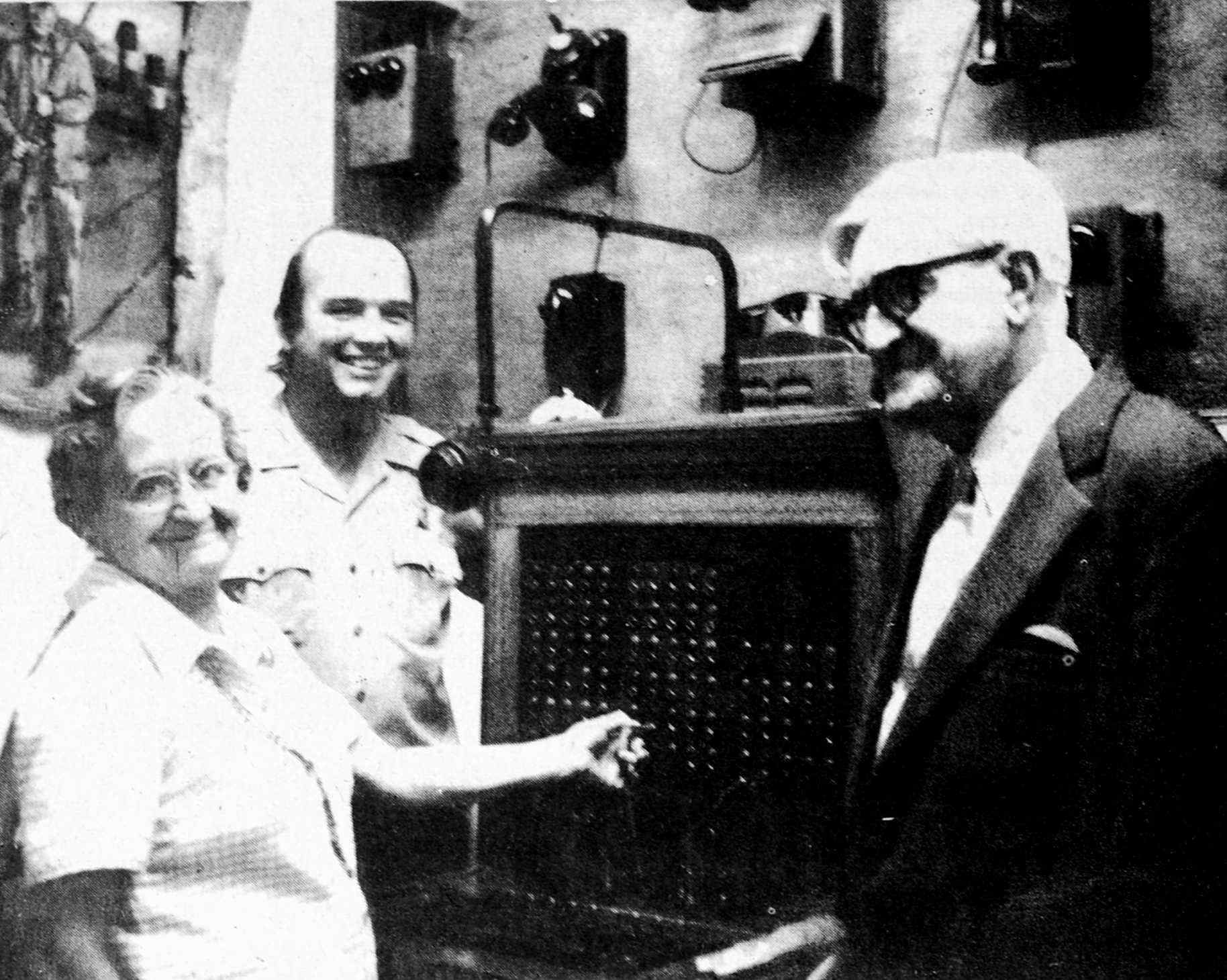The documentary “The Invisible War”, is a groundbreaking investigation about the epidemic of rape within the U.S. military.
A free screening of “The Invisible War” will be at 7 p.m., Thursday, Aug. 15 at Star Hall. The free screening is made available through the Utah Film Circuit: Moab, an initiative of the Grand County Public Library and the Utah Film Center. The monthly screening series feature the best dramatic and documentary films from around the world.
The film won the Documentary Audience Award at the 2012 Sundance Film Festival and was nominated for the Best Documentary Feature at the 2013 Academy Awards.
The film paints a startling picture of the extent of the problem—today, a female soldier in combat zones is more likely to be raped by a fellow soldier than killed by enemy fire. The Department of Defense estimates there were a staggering 19,300 service members sexually assaulted in 2010 alone.
“We were extremely surprised by the extent of the problem, how psychologically damaging it was, and the extent of the cover-up,” said filmmaker Kirby Dick. “More than half a million service men and women have been sexually assaulted since World War II. That comes as a shock to everyone we’ve spoken to. This is my 10th film and its subject matter is the least known to the public of any of my films, even though it most widely affects our society.”
The filmmakers were surprised to learn that no one had yet made a feature documentary on the topic and almost immediately decided to make a film about the subject. They began by contacting victims which proved to be a challenging task.
“The military really keeps information on lockdown,” Dick said. “If you’re in the military, you can’t speak to the press without approval or you could be court-martialed. And you can’t sue the military for anything that happens to you while in service, so civil courts are not an option to get the truth out.”
To find subjects, the filmmakers put up a Facebook page inviting victims to share their stories off the record. They also scoured the Internet for press stories, usually from small outlets, on the topic, and began contacting victims’ advocates and journalists.
“I had dozens of very sad and astonishingly similar e-mail messages from all over the country. Over and over again different women recounted virtually identical stories of experiencing a brutal assault followed by ostracization and isolation. It was chilling,” said Amy Ziering, one of the film’s producers.
Dick and Ziering contacted over 150 women, interviewing approximately 70 of them for several
hours each. Based on these interviews, they narrowed it down to their top two dozen subjects to
film preliminary interviews. The filmmakers chose to travel to wherever their interviewees
would be most comfortable; for people whose ability to trust had been all but shattered it was a
crucially important decision. The encounters with the victims turned out to be profoundly
emotional.
“For many, it was the first time they were speaking to anyone outside their family or a few close
friends,” Dick recalls. “These were the most emotional interviews I’ve ever done. They allowed
us to understand the real depth of the trauma and extent of the issue. We were able to find some
wonderful film subjects.”
Some of those interviews include people like Kori Cioca, who was beaten and raped by her supervisor in the U.S. Coast Guard; Ariana Klay, a Marine who served in Iraq before being raped by a senior officer and his friend, then threatened with death; and Trina McDonald who was drugged and raped repeatedly by military policemen on her remote Naval station in Adak, Alaska.
Since it premiered at Sundance, the film has been circulating through the highest levels of the Pentagon and the administration. Secretary of Defense Leon Panetta watched “The Invisible War” on April 14. Two days later, he directed military commanders to hand over all sexual assault investigations to a higher-ranking colonel. At the same time, Panetta announced that each branch of the armed forces would establish a Special Victims Unit.
“This will undoubtedly be an uncomfortable film in some respects, but such an enormously important subject and currently quite relevant,” said Jessie Magleby from the Grand County Public Library. “I was pleased to note that this film is already influencing military policy.”




